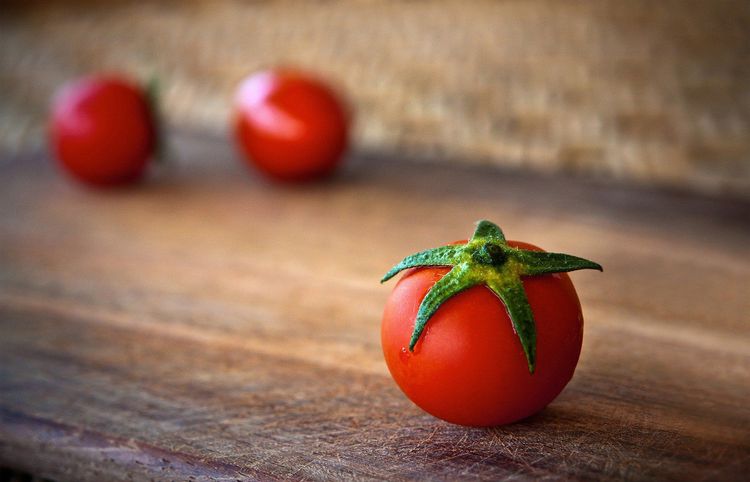Take Fears of a US Tomato Shortage With a Grain of Salt
President Trump’s announcement, via Twitter overnight, of plans to impose a series of escalating tariffs on Mexico highlights the direct threat a potential trade skirmish could pose to US consumers in the supermarket aisles.
The United States has become increasingly dependent on its southern neighbors for tomatoes, avocados, and other fresh fruits and vegetables, especially during the winter and spring seasons. Roughly half of that imported fresh produce comes from Mexico.
Tomatoes are among the most vulnerable to a US/Mexico trade dispute. By value, the US imports more tomatoes than any other fruit or vegetable—$2.38 billion worth in 2018. That represents 1.86 million tonnes of imported tomatoes, of which 91% comes from Mexico. (The second biggest fresh-produce import is avocados, worth $2.35 billion in 2018, and bananas were $2.23 billion.)
President Trump’s action is aimed at enlisting greater help from Mexico in stemming the flow of Central American migrants into the US. Starting on June 10, “the United States will impose a 5% tariff on all goods coming … from Mexico,” Trump tweeted. He said tariffs would increase by 5% every month thereafter, potentially reaching as high as 25% by October.
Mexican tomatoes are already subject to a 17.5% tariff after the US Department of Commerce decided in early May to investigate US grower complaints that Mexico was selling its tomatoes in the US at below cost. US tomato growers, especially in Florida, had long complained of Mexican dumping, but an agreement between the US and Mexico had suspended any protectionist measures, until now.

A Mexican growers association warned this week that the US will face a shortage of tomatoes starting in 15 days if it does not lift the 17.5% tariff on Mexican tomato imports. Alfredo Díaz, director of the Mexican Protected Horticulture Association, told a Mexican national newspaper that the tariff has forced some small Mexican producers to lower their export volumes, while for the moment most medium and large producers are still exporting at full volume.
“Pretty soon, there will be a shortage in the United States if this goes on,” Díaz said. “In about 15 days, we’ll start to notice supply going down, and that will be reflected in higher prices.”
Still, there may be ways for the US to mitigate any potential shortage of fresh tomatoes. While Mexico accounts for more than half of all fresh tomatoes sold in the US, its share of the total US tomato market is much lower. Taking into account both fresh and processed tomatoes, Mexico has a 12.8% share of all tomatoes consumed in the US.
During an intense supply crunch, US farmers would be able to shift tomatoes to the fresh market that otherwise would have gone into processing. The primary difference between the two groups of tomatoes is how long and where they are allowed to ripen. That is not to say there aren’t monetary and quality-related costs to such a switch—fresh market tomatoes are generally picked by hand rather than by machine, among other differences. Labor shortages could add costs that may then get passed on to consumers.
If the tariffs last, more tomatoes also could be imported during the winter from their native region in western South America. And even Canada is a significant source of tomatoes for the US to import, raised both in greenhouses and in the field. Tomatoes are a seasonal crop, so if there were to be a tomato trade war with Mexico, the summer is the most advantageous time of year from the US’s standpoint.
In the chart below, US producer prices, in blue, mimic imports from Mexico, as seen in green. During the winter months, when only tomatoes in greenhouses can be grown, imports from Mexico surge and so do the prices received by US farmers. During the summer months, even Canada (red lines) can produce a significant amount of tomatoes, which will increasingly join the US supply in the event of a US-Mexico trade war.

 Insight
InsightFor Super Bowl Savings, Serve Wings and Guac - and Skip the Veggie Platter
 Insight
InsightExtreme Weather Is Fueling Produce Prices and US Food Price Inflation
 Insight
InsightExpect High Tomato Prices in Hurricane Ian’s Wake
 Insight
Insight

 Search
Search